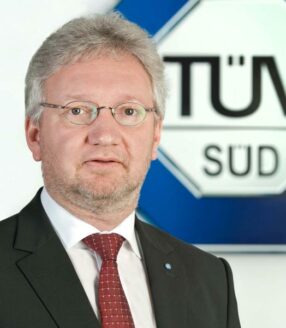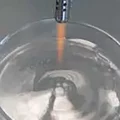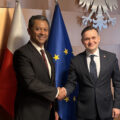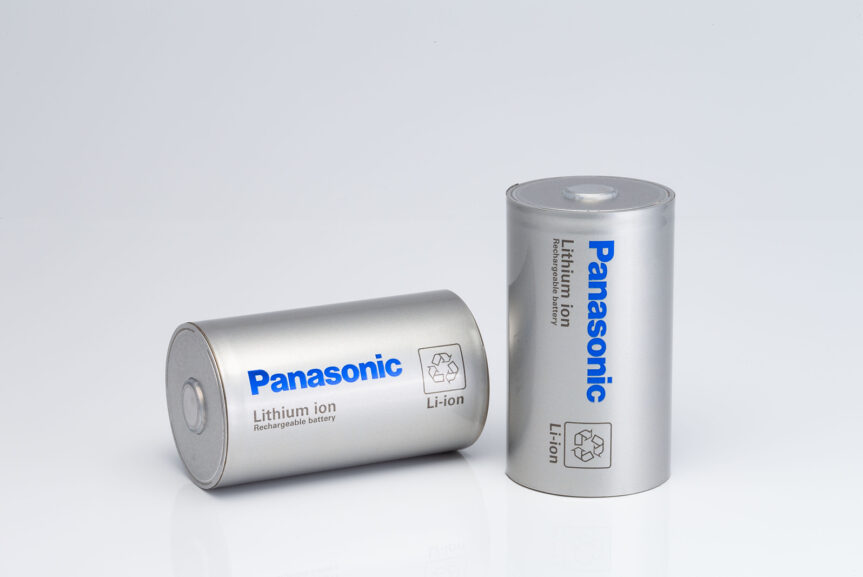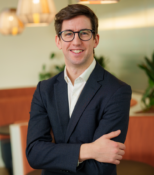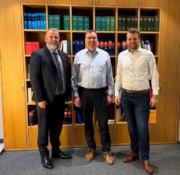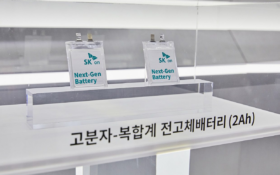A major testing centre for lithium-ion batteries in Asia is to be built in Thailand under a deal with German inspection and product certification services group TÜV SÜD.
TÜV SÜD has signed a cooperation agreement with the Thai industry ministry and the Thailand Automotive Institute to build the €13.5 million (US$15.1m) centre near Bangkok.
The new centre is set to start operations in 2020 as part of a new large-scale automotive test facility— and will be “the largest and most modern test centre” for lithium-ion batteries in the Association of Southeast Asian Nations (Asean) region, TÜV SÜD said.
Test centre activities will focus on electric drive batteries for electric vehicles, but will also include “intensive testing” of stationary storage systems and batteries for electric two-wheelers for their use in tropical conditions.
Volker Blandow (pictured), head of electromobility at TÜV SÜD, said Asean countries have a combined population of 650 million and increasing levels of prosperity “represent a huge vehicle market”.
Blandow said Thailand is the region’s leading country for automotive production— and German manufacturers had been building plug-in vehicles in the country for some time before also producing battery systems there.
“Many suppliers have been operating research and development centres in Thailand, so that local content will rise steadily in this area too,” Blandow said. TÜV SÜD has been contributing technical benchmarks and the experience we have gathered in the eight battery laboratories that we have been operating to date.”
Blandow said the new centre would “bridge the gap” between TÜV SÜD’s battery labs in South Korea and Japan and test labs the organisation is building in China.
Thailand hosts a number of international battery manufacturing activities. Earlier this year, US-based lead-acid separator manufacturer Daramic announced the opening of new polyethylene battery separator production line in the country.
Australia-based flow battery company, Redflow, relocated production of its zinc-bromine batteries from Mexico to Thailand in 2017.

